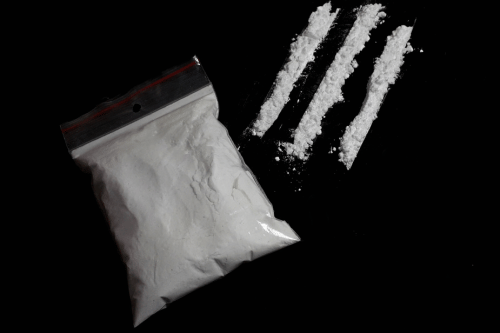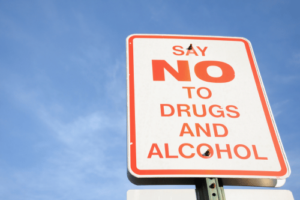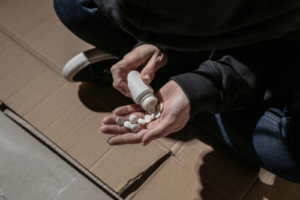Cocaine Street Names: A Comprehensive Guide to Understanding Drug Slang
Cocaine is a powerful and illegal stimulant that has been wreaking havoc on individuals and communities for decades. Due to its illicit nature, those involved in its trade and use often rely on a myriad of street names to obscure their activities from law enforcement and others. The use of street names, or slang, is particularly prevalent in younger individuals and within specific circles where drug use is rampant. Understanding these cocaine street names is crucial for family members, educators, and healthcare professionals who want to be able to spot signs of substance use and intervene before it’s too late.
This article will dive into the most common street names for cocaine, how these terms are used in everyday conversations by drug dealers and users, the effects of cocaine addiction, and why early intervention and treatment are so important.
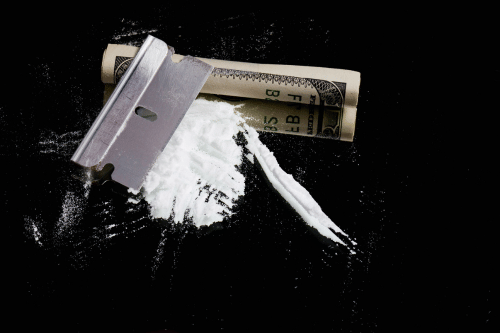
What are Street Names for Cocaine?
Street names for cocaine are slang terms used to refer to the drug in a way that hides its true meaning. These names can vary depending on the region, community, and cultural context. Some common street names for cocaine include “coke,” “snow,” “powder,” “white,” “blow,” and “nose candy.” These names are often used by drug dealers and users to avoid detection by law enforcement and others.
Common Cocaine Street Names
Cocaine is often referred to by numerous street names that vary depending on location and the specific community in which it’s being sold. Some of the most widely recognized names for cocaine include:
Blow
Snow
Coke
Powder
Nose Candy
White Girl
Flake
White Lady
Big C
Bump
These slang terms are used to make conversations about cocaine less obvious to outsiders, including law enforcement and parents. Young people and drug dealers often use these terms to disguise their conversations. Concerned loved ones and professionals working with adolescents should familiarize themselves with these street names to better recognize the signs of drug use.
Cocaine is typically found in its powder form, but the way it is processed and sold can differ, which also impacts the street names used to describe it. For example, powder cocaine is often referred to simply as “blow” or “snow,” while crack cocaine has its own unique set of street names.
Crack Cocaine and Its Street Names
Crack cocaine is a highly potent and smokable form of cocaine that is produced by heating the drug with baking soda and water. Unlike the pure chemical form of cocaine hydrochloride, crack cocaine is significantly cheaper and produces a more intense, short-lived high compared to powdered cocaine, making it particularly dangerous. Some common street names for crack cocaine include:
Rock
Crumbs
Hard
Base
24-7
Crack cocaine is most prevalent in low-income communities because of its affordability. Drug dealers often target vulnerable populations who are more likely to develop an addiction. Despite its lower price, crack cocaine is just as addictive as its powdered counterpart and can have devastating effects on both mental and behavioral health. Regular use of crack cocaine can lead to severe physical and psychological consequences, including heart attacks, strokes, paranoia, and violent behavior.
The Role of Street Names in Cocaine Addiction
Street names play a significant role in cocaine addiction by allowing users to discuss the drug without arousing suspicion. These names can also be used to justify strange behaviors to oneself and others. Recognizing street names can help concerned individuals identify potential red flags in a loved one’s behavior and seek help. Authorities and concerned loved ones continue to collect street names to stay informed on the secretive and dangerous trade.
Cocaine Use and Addiction: A Public Health Crisis
Cocaine addiction is a serious and widespread problem, with millions of people around the world struggling with the harmful effects of this drug. The euphoric high it produces is often short-lived, which leads users to take more frequent doses, increasing the likelihood of addiction. Other substances, such as fentanyl, are sometimes combined with cocaine, creating unique street names and further complicating the identification of drugs. Once addicted, individuals often experience intense cravings for cocaine and may engage in risky behaviors to obtain more of the drug. This cycle of abuse can quickly spiral out of control.
Drug abuse not only affects the individual but also their families, friends, and communities. Cocaine use can cause significant financial strain, damage relationships, and lead to criminal activities as users try to fund their habit. Adolescents are particularly vulnerable to cocaine addiction due to peer pressure and a lack of understanding of the drug’s long-term effects.
It’s also important to recognize the connection between cocaine use and mental health issues. Prolonged use of cocaine can exacerbate pre-existing mental health conditions or lead to new ones, such as anxiety, depression, and paranoia. This makes treating cocaine addiction more complex, as it often requires addressing both the addiction and any co-occurring mental health disorders.
Street Names for Cocaine Combinations
Cocaine is often mixed with other drugs to intensify its effects, and these mixtures have their own set of street names, such as ‘speedball cocaine’ for a mixture of cocaine and heroin. When cocaine is combined with another substance, it can be far more dangerous and unpredictable. Some common street names for cocaine combinations include:
Speedball: A mixture of cocaine and heroin. This is an especially dangerous combination because heroin, a depressant, and cocaine, a stimulant, have opposite effects on the body. Speedballing can lead to fatal overdoses.
Cocoa Puffs: Cocaine mixed with marijuana. Users may mix the two drugs to amplify the high, but this combination can increase the risk of developing mental health issues.
Snow Coke: Cocaine mixed with PCP. This is another high-risk combination that can lead to erratic behavior, violent outbursts, and severe mental health problems.
These combinations are particularly alarming because they can mask the effects of cocaine, leading users to believe they can take more of the drug than their bodies can handle. This significantly increases the risk of overdose and death. It is crucial for concerned loved ones and professionals to be aware of these street names to better understand what a user might be taking.
Mental and Behavioral Health Impact of Cocaine Use
Substance use, particularly cocaine addiction, doesn’t just affect the body; it wreaks havoc on the mind as well. Long-term cocaine use can result in severe mental health problems, including paranoia, hallucinations, anxiety, and depression. These symptoms can be especially damaging to adolescents, whose brains are still in the critical stages of development. Young people who use cocaine are at an increased risk of developing lifelong behavioral health issues.
One of the most concerning aspects of cocaine addiction is how quickly it can take hold of someone’s life. Addiction to cocaine often leads to a decline in both physical and mental health, which in turn affects a person’s relationships, school performance, and overall quality of life. Family members and friends of someone struggling with cocaine addiction should watch for sudden changes in behavior, such as increased secrecy, agitation, and the use of known street names for cocaine in casual conversation.
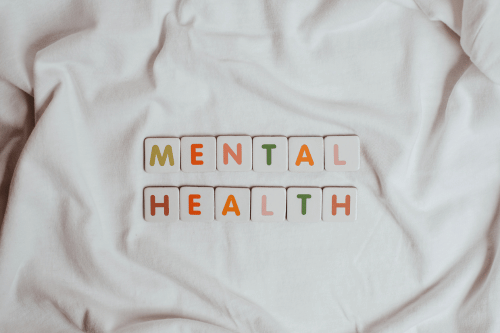
The Impact of Cocaine Addiction on Families and Communities
Early Intervention and Treatment for Cocaine Addiction
Substance use is a critical issue that requires early intervention to help individuals, especially adolescents, overcome cocaine addiction. Identifying drug use early and getting the person into a treatment program can prevent further physical, emotional, and psychological damage. Treatment centers that specialize in adolescent mental and behavioral health, such as those provided by adolescentmentalhealth.com, offer comprehensive care designed to address both the addiction and any underlying mental health issues.
Treatment options for cocaine addiction include behavioral therapy, counseling, and sometimes medication to help manage withdrawal symptoms. Cognitive-behavioral therapy (CBT) is often used to help individuals recognize the thoughts and behaviors that contribute to their drug use. This therapy can be particularly effective for young people, as it provides them with coping strategies and life skills to resist future drug use.
For individuals struggling with both cocaine addiction and mental health disorders, integrated treatment is essential. By addressing the addiction and the mental health issues simultaneously, treatment centers can provide a more holistic approach to recovery. Support from family members is also critical during this time, as the recovery process can be long and challenging.

Conclusion: Understanding Cocaine Street Names to Combat Addiction
Cocaine street names serve as a coded language among users and dealers, but they also provide an important clue for concerned loved ones, educators, and healthcare professionals trying to detect drug use. By understanding these slang terms, we can better identify when someone might be struggling with cocaine addiction and intervene before the situation escalates.
Cocaine use, whether in its powder form or as crack cocaine, has far-reaching consequences on an individual’s mental and physical health. Early intervention and professional treatment are vital to helping those struggling with addiction regain control of their lives. Whether it’s through behavioral therapy, counseling, or support from loved ones, the path to recovery is possible with the right resources and support.
If you or a loved one is struggling with cocaine addiction, seeking help from a specialized treatment center like adolescent mental health is the first step toward recovery. Don’t wait—early intervention can save a life.

FAQ's For Cocaine Street Names
Street names are used to conceal the discussion and trade of cocaine from law enforcement, employers, and even family members. These slang terms allow users and dealers to talk about the drug in a way that is less obvious, making it easier to avoid detection.
Common street names for cocaine include “Blow,” “Snow,” “Coke,” “Powder,” “Nose Candy,” and “White Lady.” Crack cocaine, a more potent form of the drug, has its own street names such as “Rock,” “Crumbs,” and “Base.”
If you hear your teen or their friends using terms like “blow,” “snow,” or “nose candy,” it may be a red flag for cocaine use. These slang terms are often used to disguise drug-related conversations. Other signs of drug use may include behavioral changes, secrecy, and physical symptoms like weight loss and agitation.


